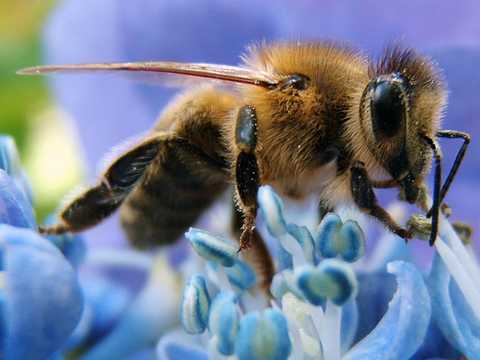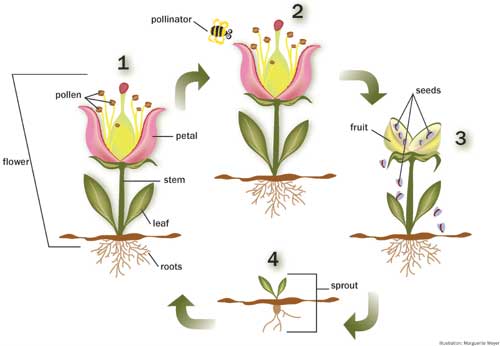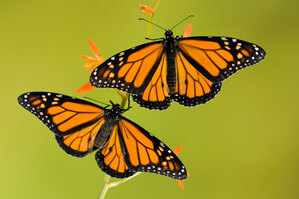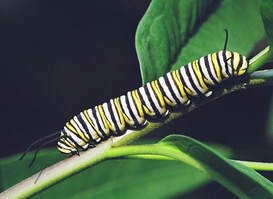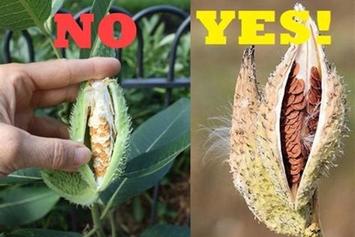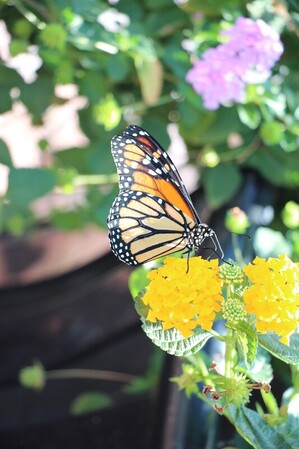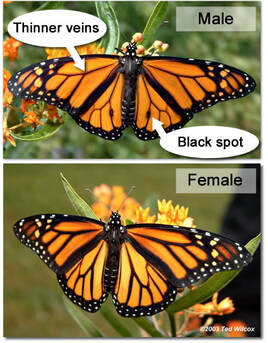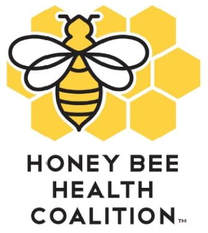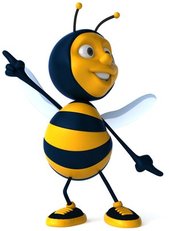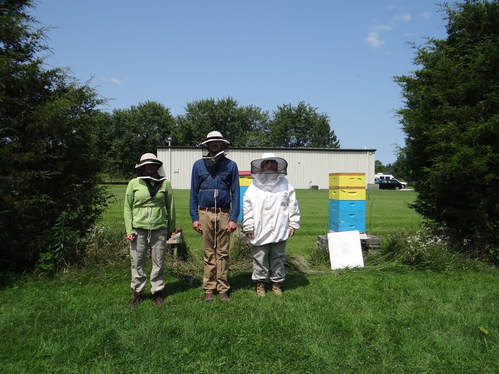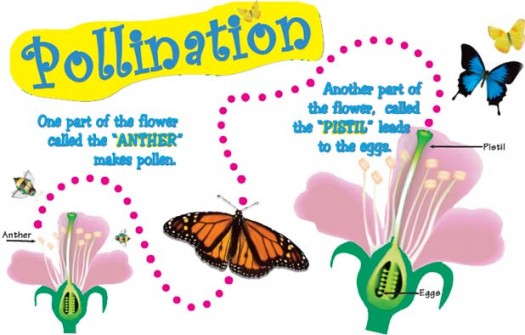|
"Believe it or not, you have a bee to thank
for every one in three bites of food you eat."
Each day, pollinators are responsible for 1 out of 3 bites of food we intake on average. Many pollinators are at a critical point in their own survival; there are various reasons contributing to their decline. One thing is for certain, providing more pollen and nectar sources from native flowering vegetation will improve the health and numbers of our pollinators. Pollinator-friendly gardens and landscapes also revive the health of bees, butterflies, moths, birds, bats and other pollinators.
What is the Million Pollinator Garden Challenge (MPGC)?
The Million Pollinator Garden Challenge is a nationwide call to action to preserve and create gardens and landscapes that help revive the health of bees, butterflies, birds, bats and other pollinators across America. As we explore and enjoy the "great outdoors", take time to make connections between pollinators and the healthy food we eat. http://millionpollinatorgardens.org/partners/
Annual Milkweed Pod Collection:
September 1st and goes until October 30th (pods accepted thru November 1st)
The Ohio Pollinator Habitat Initiative is calling on all Ohioans for another year of Milkweed pod collections! This project started in 2015 as a 7 county pilot and since that time hundreds of Ohioans have worked together collecting thousands of pods across the state.
Milkweed is the host plant for the Monarch butterfly for egg laying and caterpillar rearing. It also serves as a food source for Monarchs and many other pollinator species. . The disappearance of milkweed across the U.S. has contributed to the 80% decline of the eastern monarch butterfly population over the last 20 years. We are working hard in Ohio to change this, and you can help! Here are helpful and simple collection tips: • Before you collect seed pods, become familiar with the common milkweed to avoid harvesting pods from similar plants such as hemp dogbane (a poisonous herb) or swamp milkweed. • It is best to collect the pods when they are dry, grey, or brown. THIS is IMPORTANT! Pod collection starts Sept 1 and runs through Oct 31… please use September as the benchmark time to locate milkweed plants and to keep an eye on the pods while they ripen; then pick them once they look like the picture shown below. • If the center seam pops with gentle pressure, they can be harvested. • Store the pods in paper bags (vs. plastic bags collect unwanted moisture). • Place the date and county collected on the bag when you turn them in. • Keep the pods in a cool, dry area until you deliver them to the nearest collection site as with Warren County Soil and Water Conservation District located in Lebanon, Ohio or you can find the nearest collection site at: www.agri.ohio.gov/wps/portal/gov/oda/divisions/soil-and-water-conservation/find-a-local-swcd/swcd-list
Numerous pollinator species are at risk; many are listed as federally endangered or threatened. Disturbances such as habitat loss, climate change and application of pesticides contribute greatly to diminishing populations and disrupting ecological interactions.
Become a Bee Spotter...The Cincinnati Zoo has teamed up with Bee Spotter to learn more about the bees in the greater Cincinnati area, and we need your help! Simply snap pictures of bees that you see and submit it with a date and location to beespotter.org/cincinnatizoo. An expert will identify the species and add it to the database.
Native & Local Plant Sale:
Visit the Zoo’s EcOhio Farm and Wetland in Warren County, Saturday September 29th, 2019
Learn more about native local plants and about the group "Pollen Nation" that supports pollinator conservation. Multiple beehives on EcOhio Farm are home to thousands of honeybees that help pollinate the entire ecosystem. Observe honeybees up close through an observation frame, and learn how these busy creatures keep people, and their hives, fed.
EcOhio Farm is located at 2210 north Mason-Montgomery Road, Lebanon, OH 45036.
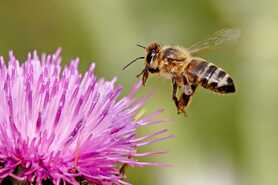
National Geographic - Honeybee Apis mellifera:
animals.nationalgeographic.com/animals/bugs/honeybee/
0 Comments
|
Details
Author:
|
|
|
Contact:PHONE: (513) 695 - 1337
EMAIL: [email protected] HOURS: Monday - Friday 7:30am - 4:00pm (except holidays) Connect:Warren County Soil & Water Conservation District Copyright © 2016
Warren SWCD Privacy Notice. Emails are serviced by Constant Contact. Constant Contact's Privacy Notice. |
